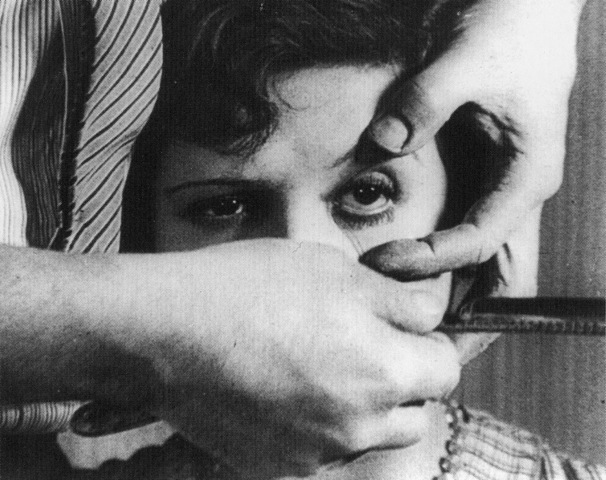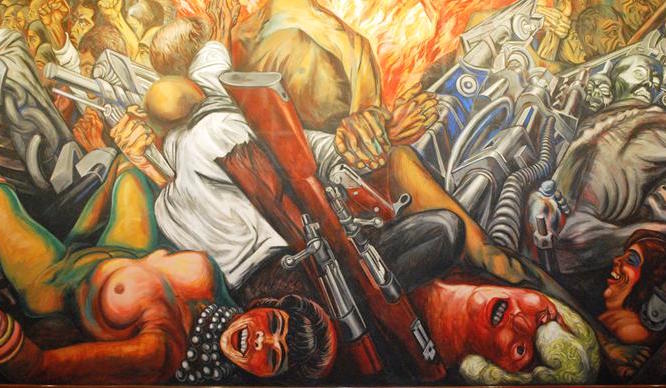Nietzsche’s advice to young authors was to never admit error, for our critics will neither give an inch nor forgive our humility in siding against ourselves. The aphorism’s hubris stands in stark contrast to the insecurity all -too-commonly felt when publishing for the first time.
Last year, when I published my first book, God Is Unconscious: Psychoanalysis & Theology, the fear of the critic was certainly on my mind. The book is a survey of theological themes developed during Jacques Lacan’s seminar. I was a 28-year-old doctoral student (not yet even a candidate) in philosophy of religion, and I was writing on a theory for which I had received only limited training. Lacan is certainly dense, and he’s perhaps the worst Continental philosophy has to offer by the measure of readability.
We Lacanians can also be dense, and perhaps it should be no surprise that those drawn to such a complex theory are obsessionals with a keen attention to detail. It was with no small amount of trepidation that I published my work, though a specific quip from Lacan was constantly sneering in the background: “Am I saying this to explain the difficulty of his desire? No, rather to say that his desire is for difficulty.”[1]
The first public presentation of my book came at the invite of Dr. Carl Raschke to the “Taking Lacan Public” conference at the University of Denver in April 2015. An international group of students, scholars, and clinicians convened to think through potential applications of our theory. I’ve seldom been more nervous than when I, a novice scholar, presented a psychoanalytic theology to Lacanian experts.
Pleasantly enough, I left the conference not only with a wealth of new material for consideration but also with a resolved confidence and mitigated fears: this theory can and should stretch itself across so many fields with great effect, because a theory of the trauma is a theory for the public.
Publishing on psychoanalysis has changed so much of my life in the year since. For one, especially when academic authors expect only to publish a few hundred copies, even moderate success is exhilarating. Far more importantly, the year has treated me to constant conversations with people only barely interested in psychoanalysis and yet find value in my work. The realization that people discover new things about themselves through my work is tremendously exciting.
The truth, of course, is that the book was a result of much more than I will ever disclose at a public conference—however academically fruitful it may be, the research and writing that went into God Is Unconscious was truly a coping mechanism during a tumultuous period of life. I suspect I never would have attached to Lacanian psychoanalysis in the way I did had I not been reading a theory of trauma while dealing with seemingly-insurmountable personal trauma.
In a sense, that conference title, “Taking Lacan Public,” served as a reference point for the year since. Of all my novice fears, the only one that seems to have been realized was that my book was incredibly dense, even inaccessibly so. Those who’ve read even a single page of Lacan will know that even secondary texts, those introductions taking the difficulty down a few notches, can still be more obscure than nearly any other discipline’s literature. So if the critique was that my book was opaque, and if I am so deeply and personally invested in this theory, my next book will attempt to put the basics of psychoanalytic thought into a format even more publicly accessible.
The difficulty was not unforeseen, for as Lacan famously told us, “I did not write [Écrits] in order for people to understand them, I wrote them in order for people to read them. Which is not even remotely the same thing . . . People don’t understand anything, that is perfectly true, for a while, but the writings do something to them.”[2] I began my book with this line, and with it I perhaps betray the master.
As I myself put it, “When someone worth listening to speaks, the word will be cryptic enough to be meaningful, which is to say it will be cryptic enough to be misinterpreted.”[3] People find meaning in a text that the author never intended, for better or worse. Lacan had a conflicted relationship with orthodoxy, for while he adamantly claimed a superior understanding of Freud and demanded a theoretical adherence, he also had this to say: “One remains true to [orthodoxy] because one has nothing to say about the doctrine itself.”[4] Taking Lacan public risks betraying the master, truncating the theory and diminishing is capacities, but it is a risk that we, as teachers, must always take. The teacher risks transgressing another Nietzschean aphorism, which says that the worst readers are plundering soldiers who pluck their valuables, confuse the rest, and thus blaspheme the entire work.
Yet a terrible method of reading is precisely required of the teacher, who is always constrained (by time, syllabi, and attention spans) to plundering insights. Just as any decent pedagogue knows, the analyst’s discourse is one that guards against too much information-transfer and instead incites the desire of the analysand and student alike to explore further. If all my work does nothing more than inciting a reader’s desire to interrogate the unconscious, I would consider the effort a success.
Tad Delay is author of God Is Unconscious: Psychoanalysis & Theology (Wipf & Stock, 2015) and a PhD candidate in philosophy of religion at Claremont Graduate University.
[1] Jacques Lacan, Écrits: The First Complete Edition in English, trans. Bruce Fink (New York:
Norton, 1996), 529.
[2] Jacques Lacan, The Triumph of Religion, trans. Bruce Fink (Malden, MA: Polity, 2013), 69–70.
[3] Tad DeLay, God Is Unconscious: Psychoanalysis & Theology (Eugene: Wipf & Stock, 2015), 129.
[4] Lacan, Écrits, 205.


